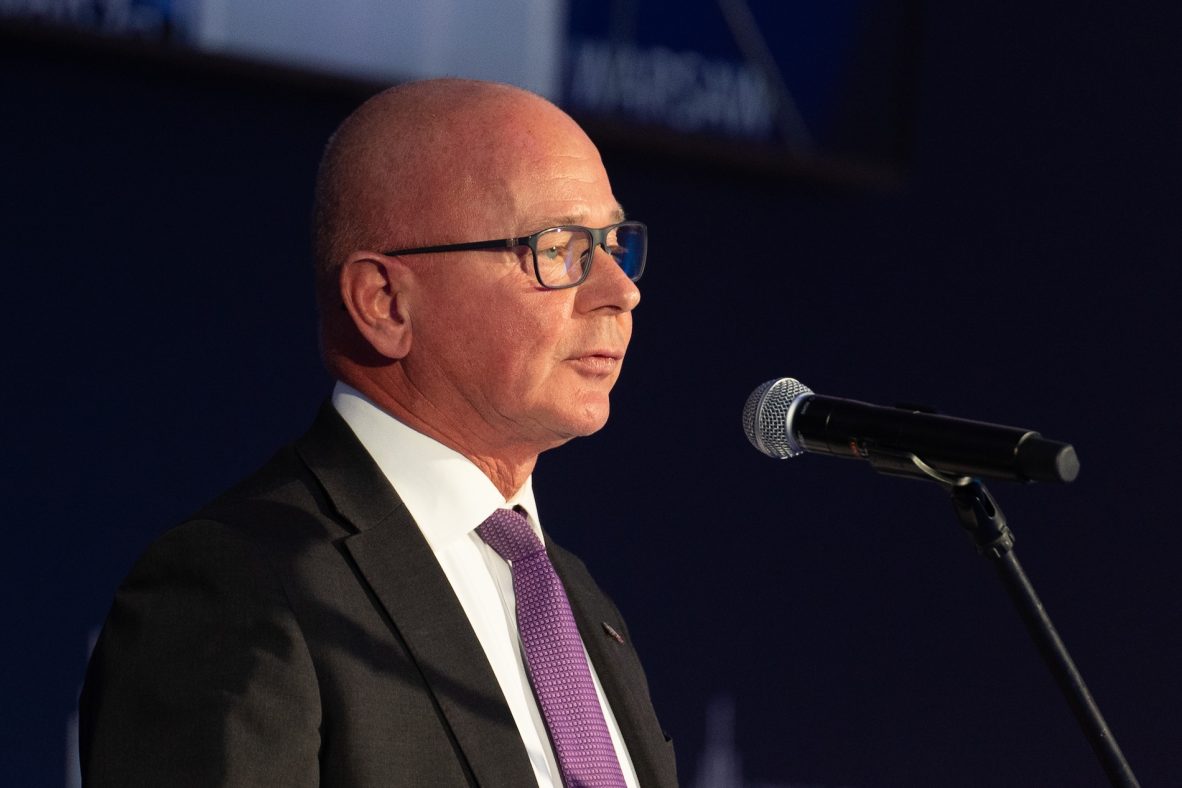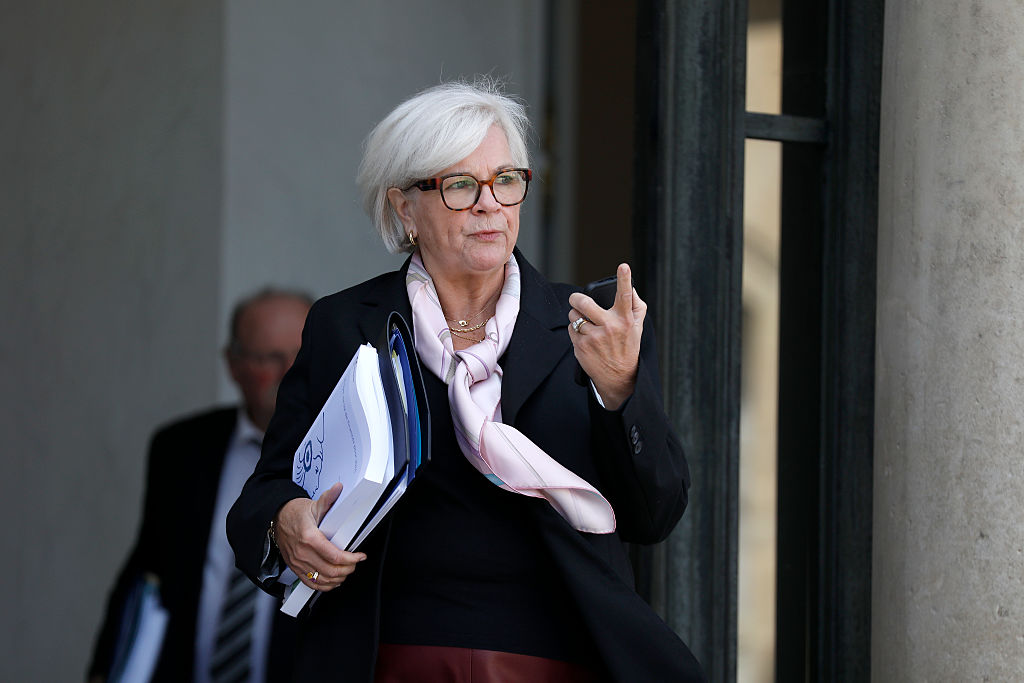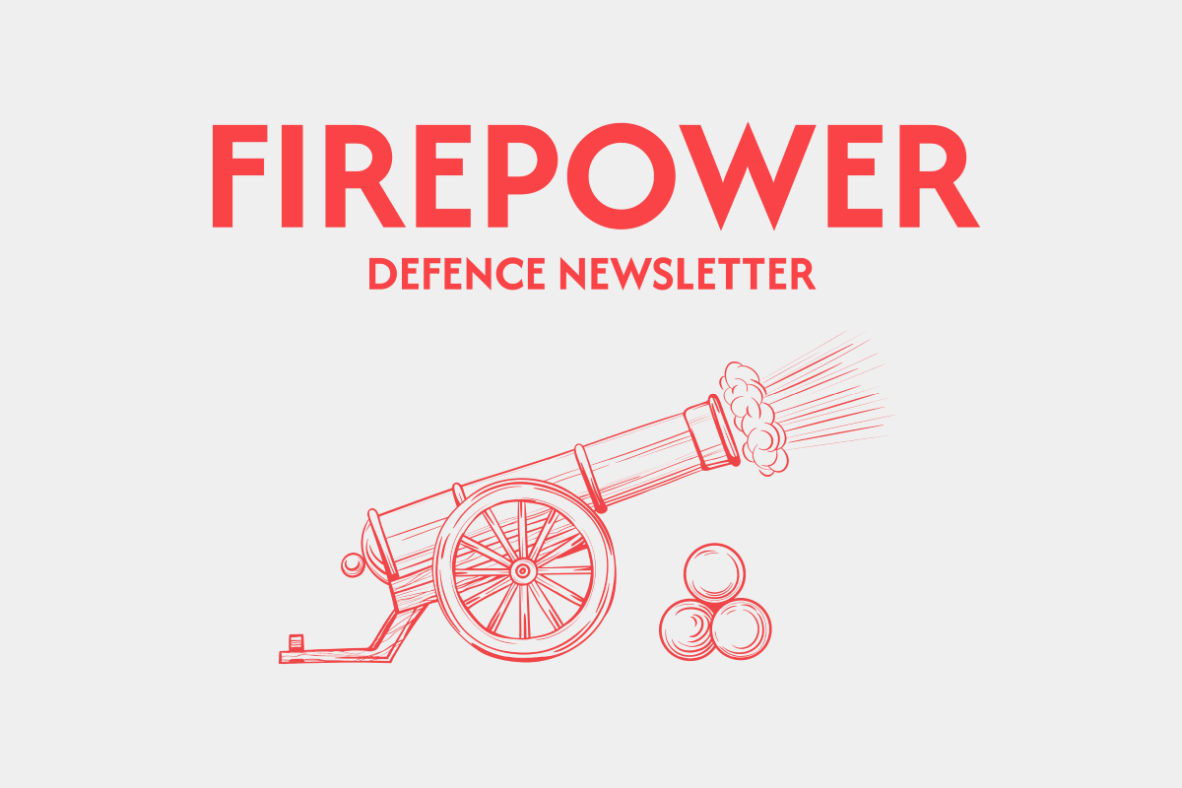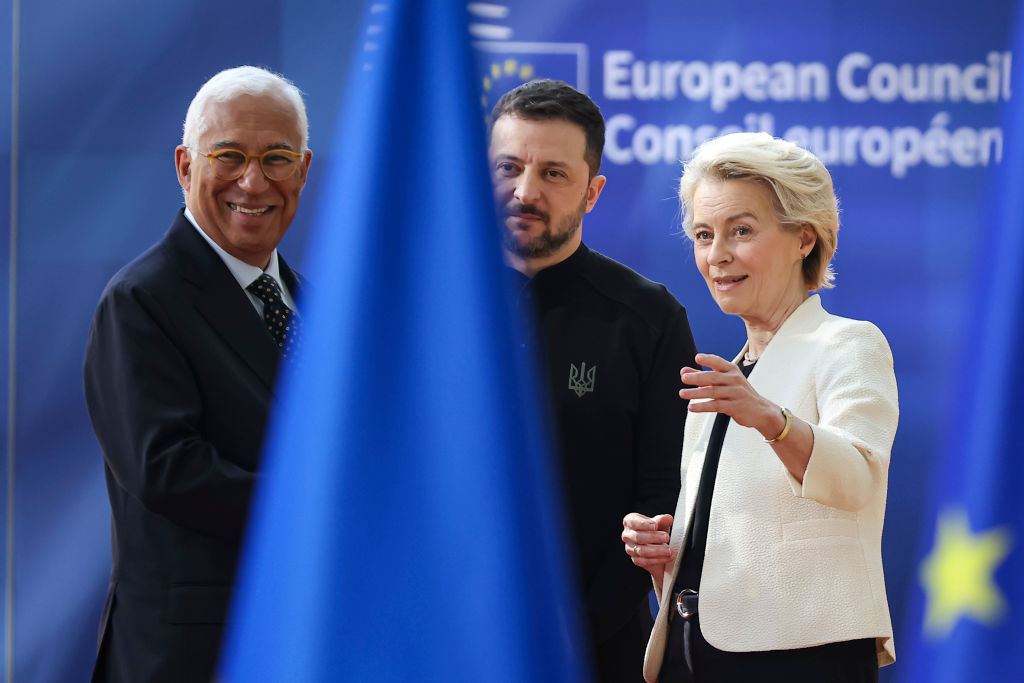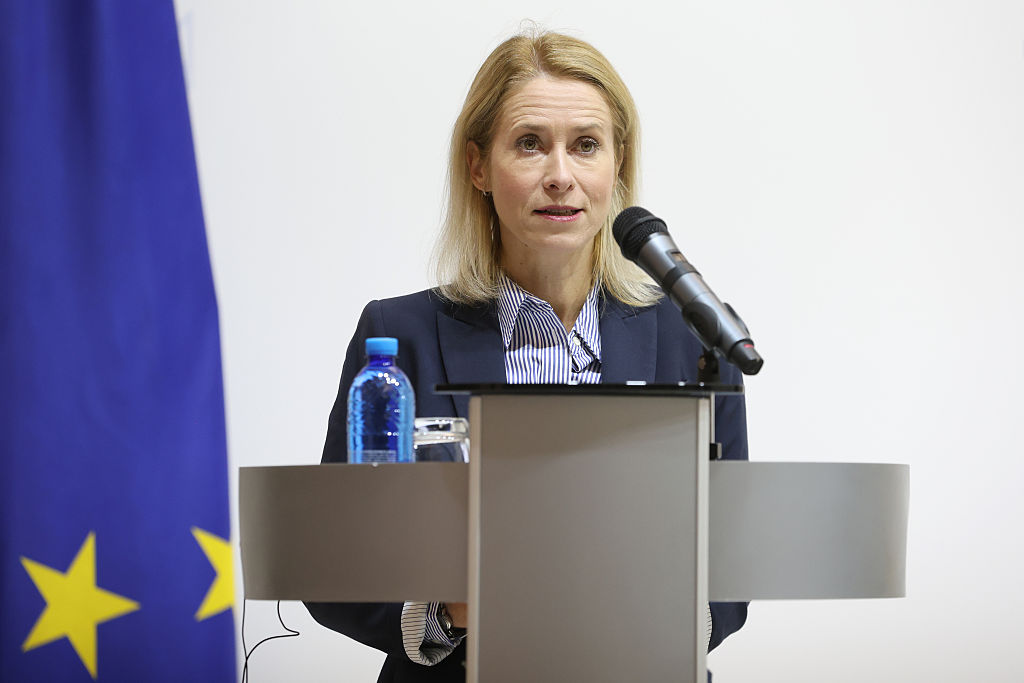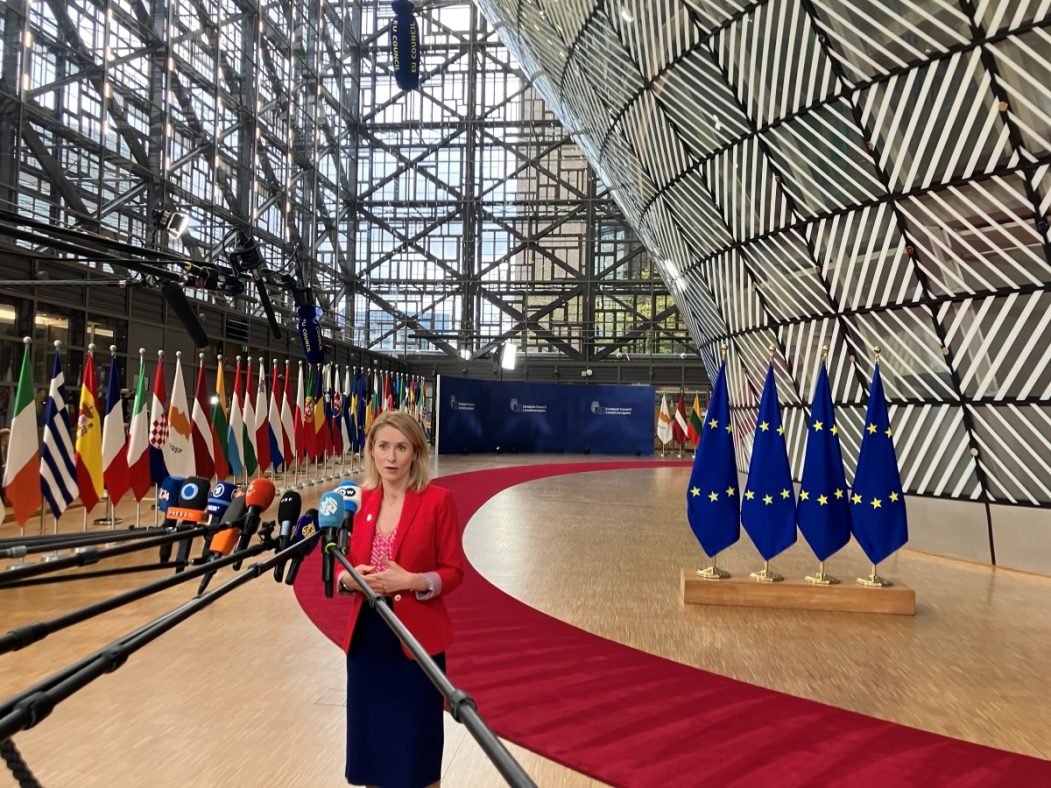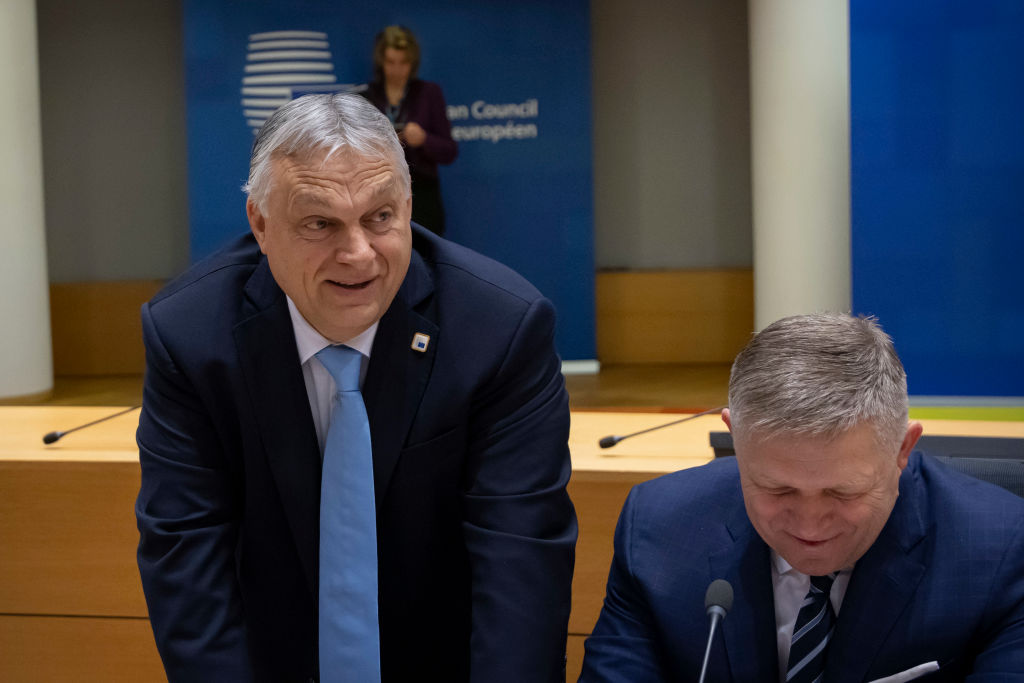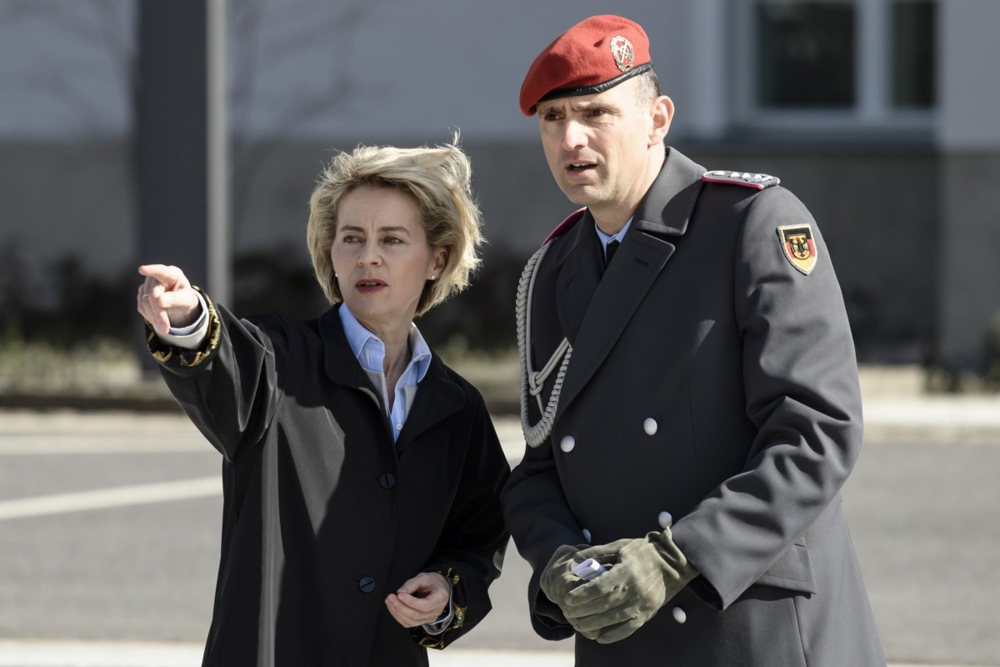European Defence Agency poised to take centre-stage in rearmament efforts
The Commission's Readiness Roadmap amounts to nothing less than the rebirth of the EDA
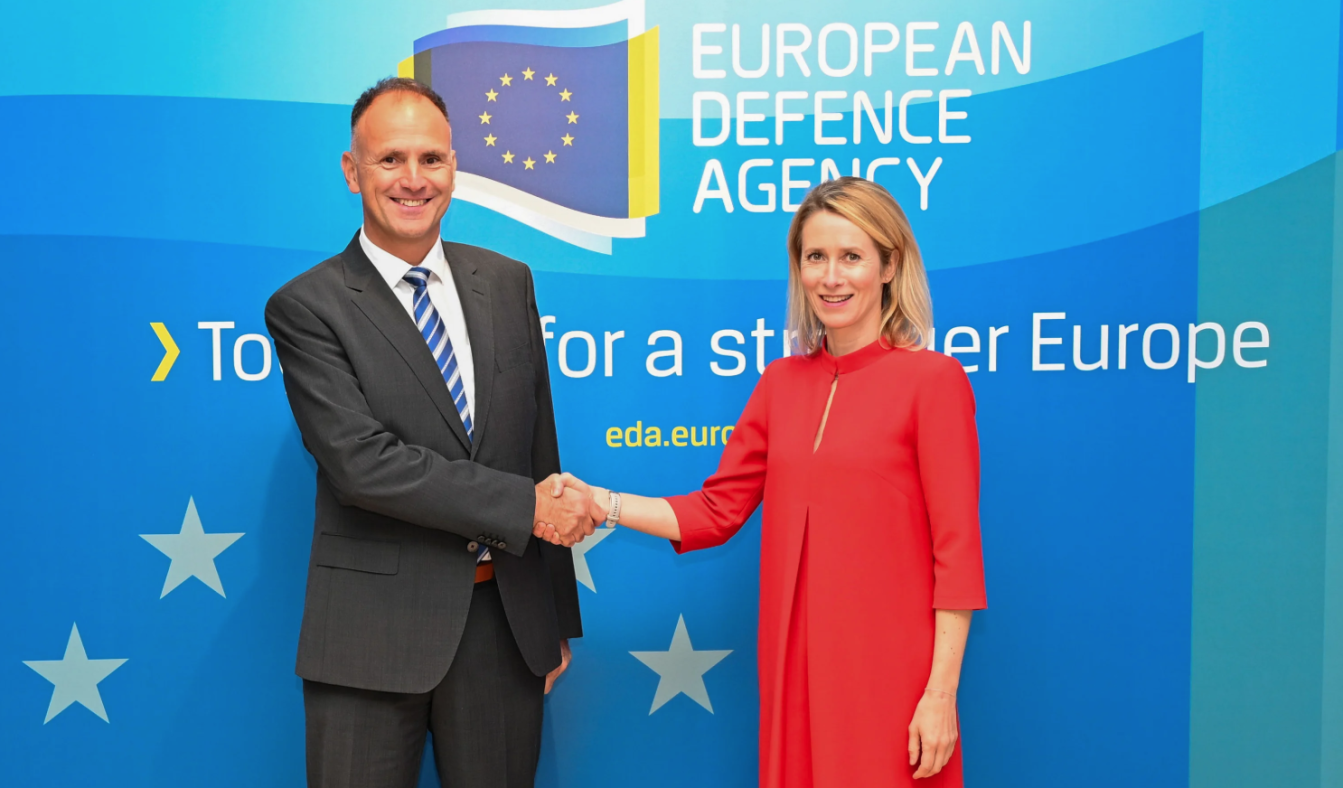
The European Defence Agency (EDA) will be at the centre of the European Union’s rearmament effort, according to draft conclusions of the 23 October EU leaders summit seen by Euractiv.
Empowering the EDA, an intergovernmental body set up in 2004, shows that EU countries want the development of large-scale European projects on defence to remain in the hands of the member states, rather than to strengthen the Commission’s role.
The agency will handle the “operationalisation” of work to deliver on the priority capability areas defined at EU level, the draft conclusions read.
The European Commission is pitching four major defence projects for urgent development: an Eastern Flank Watch, a Drone Wall, an Air Defence Shield, and a Space Defence Shield, reads a draft of the Readiness Roadmap for 2030 seen by Euractiv.
Readiness Roadmap will be officially published on Thursday. Its content and the priorities emerging from it will be discussed and endorsed by EU countries at a later stage, with defence policy a national prerogative.
The EDA’s Coordinated Annual Review on Defence (CARD), which suggests options for collaboration on defence projects to EU countries, will be the basis for measuring progress in rearmament, the draft document also says. That evaluation will be presented to EU leaders via an annual defence readiness report, pitched by Commission President Ursula von der Leyen in September.
The two moves signal nothing less than the rebirth of the EDA.
Over the past three years, the agency was largely left on the sidelines of most of the EU’s novel work on defence, and only partially involved in coordinating joint procurement efforts, subject to EU countries’ willingness.
Germany, especially, worked hard to put capitals in the lead, rather than the agency.
In the wake of this newfound interest in the EDA, EU leaders are even calling “to strengthen” the agency so it can play its full role in the field of defence capabilities development, research and acquisition.
(cp)
